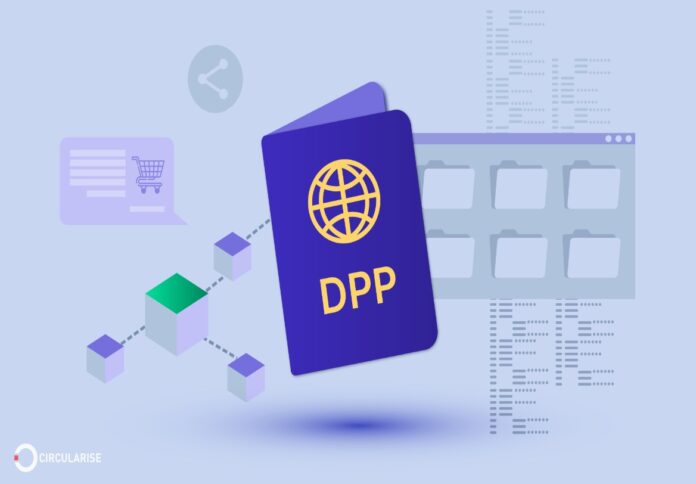
Circularise, a blockchain platform specialising in supply chain transparency and traceability, has achieved a breakthrough through a successful trial with the Japan Circular Economy Partnership (J-CEP), AMITA Corporation, and Marubeni Corporation.
This collaboration has not only set a new standard but also marked a significant stride in the global fight against plastic pollution by introducing digital product passports (DPPs), the company said in a media release.
These passports track and verify the lifecycle of plastic bottle caps, from their initial collection to their transformation into high-quality recycled products.
Over 20 million bottle caps collected worldwide
According to the Netherlands-based firm, with the alarming accumulation of over 20 million bottle caps on beaches worldwide over the past three decades, the urgency to address this environmental crisis has never been more pressing.
The Japan Circular Economy Partnership responded to the call with the launch of the “PET Bottle Cap Collection and Recycling Project” in October 2022.
This ambitious project utilises Circularise’s cutting-edge traceability solutions to convert waste into valuable consumer products.
The trials culminated in the creation of two digital product passports (DPPs), specifically designed to trace plastic bottle caps collected in Kobe City, Japan.
The caps underwent sorting into polyethylene (PE) and polypropylene (PP) types, subsequently achieving successful recycling into high-quality consumer goods.
This achievement represents not only a significant environmental victory but also a substantial step forward in the broader sustainability efforts.
Circularise’s supply chain traceability software
Beyond the environmental impact, the project demonstrated the prowess of Circularise’s supply chain traceability software.
The secure sharing of material compositions, facilitated by Circularise’s patented ‘Smart Questioning’ technology, showcased a future of privacy-conscious, sustainable supply chains.
This aspect of the project was tested with six Japanese companies, providing a glimpse into the transformative potential of blockchain technology.
Circularise co-founder Jordi de Vos expressed his optimism about the project’s outcomes, stating, “Our work with J-CEP shows the potential of digital product passports to transform the recycling industry. Our vision is to arm more companies with this technology, driving a tangible shift towards a circular economy.”
J-CEP’s future plans and strategic initiatives
Following the successful Proof of Concept (PoC), J-CEP is gearing up to expand the conversation around the societal benefits of digital product passports in Japan.
The initiative aims to position DPPs not only as a regulatory requirement but also as a strategic advantage for businesses and a benefit for consumers.
According to Circularise, this initiative has sparked the potential for widespread adoption of DPPs in the recycling industry, showcasing how this technology can enhance resource efficiency and reduce waste.
Circularise’s DPP, proven effective in plastic recycling, offers detailed tracking information and represents a significant advancement in sustainable supply chain management.
This has the potential to revolutionize recycling globally, contributing to the fight against climate change and serving as a model for eco-friendly practices across various industries.
The Japan Circular Economy Partnership (J-CEP) is a consortium of companies, organisations, and individuals dedicated to promoting the circular economy in Japan.
Its diverse participants, including major corporations, SMEs, NGOs, research institutions, and government agencies, collectively work towards sustainable practices and environmental stewardship.














